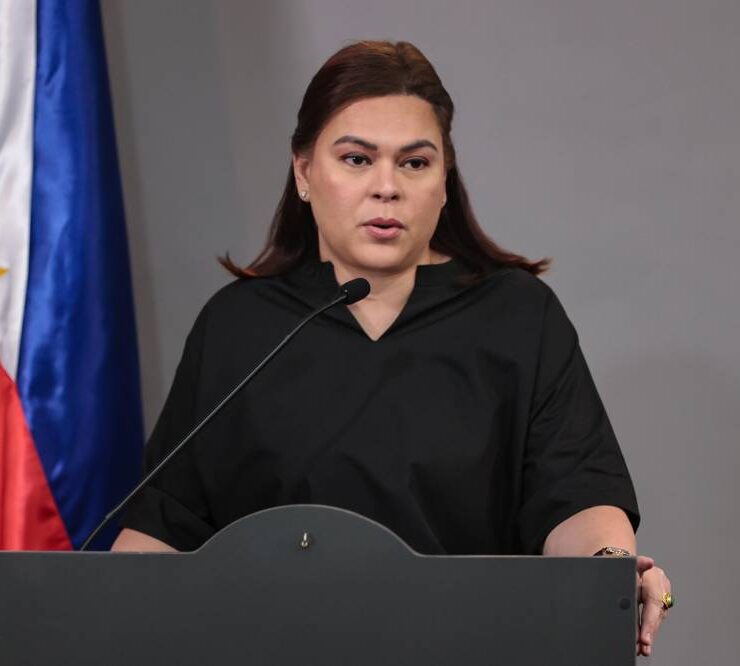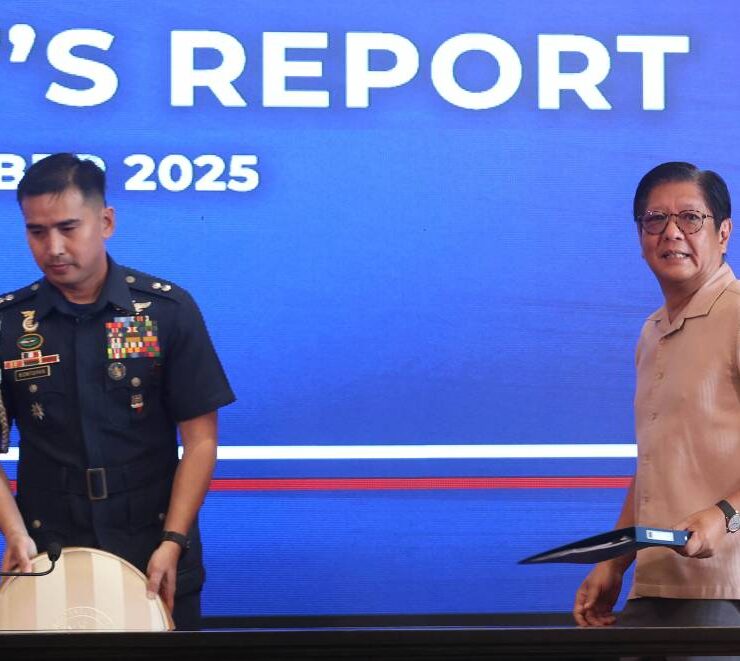UP, martial law victims resolve delay in museum construction

The Human Rights Violations Victims’ Memorial Commission (HRVVMC) and the University of the Philippines (UP) on Friday announced that they would formally sign on Sept. 27 the deed of transfer that would kickstart the long-delayed construction of the proposed martial law museum on UP grounds.
In a joint statement, the university and the commission said they “agreed on united efforts to expedite” the construction of the Freedom Memorial on a 1.4-hectare property on the state university’s flagship Diliman campus, which was a bastion of student activism and resistance to the dictatorship of the late Ferdinand Marcos Sr.
The deed of transfer to be signed on Sept. 27 covers the new UP Diliman Campus Maintenance Offices and workshops funded by the HRVVMC in exchange for the UP property, where these offices used to stand.
Once signed, the offices and their staff would move into their new home and HRVVMC can begin demolishing the old structures and begin museum construction.

Nearly a million artifacts
Both agencies are hoping to break ground for the new museum by December this year.
“This initiative underscores their shared commitment to preserving the struggles of a people during martial law and, thus, honoring the victims of human rights violations,” the joint statement said.
The museum will display, among others, nearly a million pieces of “artifacts,” including thousands of documents seized by the Presidential Commission on Good Government on the hidden wealth of the Marcos family, dissident flyers, declassified military documents and at least 75,000 photographs and affidavits filed by martial law victims.
During a meeting on Sept. 5, the commission and the university resolved the 20-month delay in the handover of documents needed for the construction of the museum.
‘Gesture of unity’
UP president Angelo Jimenez and HRVVMC executive director Chuck Crisanto led the meeting that was attended by ACT Teachers Rep. France Castro, Gabriela Rep. Arlene Brosas, Bantayog ng mga Bayani trustee Tina Bawagan, former lawmaker and political prisoner Satur Ocampo, and Campaign Against the Return of the Marcoses in Malacañang (Carmma) convenor Judy Taguiwalo.
Taguiwalo, herself a martial law victim, said that while it was unfortunate that the signing would miss the 52nd anniversary of the declaration of martial law on Sept. 21 by a few days, it would still be a welcome “gesture of unity between the two institutions.”
Other elderly survivors of martial law who attended the meeting were quoted as saying that they were looking forward to joining both milestone events “just in case we will no longer be around for the opening of the museum.”
The construction of the museum is mandated by Republic Act No. 10368, which recognizes and indemnifies the victims of torture, killings, abductions and disappearances during the 1972-1986 Marcos dictatorship.
A total of 11,103 victims have been officially recognized, but many more either did not bother to list up or did not make it to the deadline for the listing. INQ





















